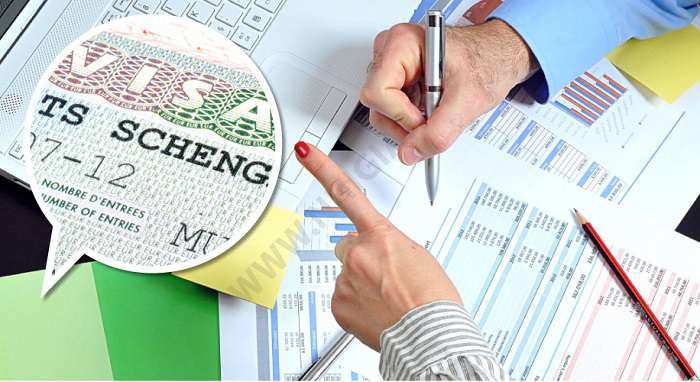Vietnam: Principles of transfer of bills of exchange
The Law on negotiable instruments 2005 of Vietnam was promulgated on November 29, 2005, regulating negotiable instrument relationships with respect to issuance, acceptance, guarantee, endorsement, pledge, collection, payment, recourse, and initiation of legal action.
According to Article 29 of the Law on negotiable instruments 2005 of Vietnam, transfer of bills of exchange must ensure the following principles:
Firstly, the transfer of a bill of exchange means the transfer of the total sum stated in the bill of exchange. The transfer of a part of the sum stated in the bill of exchange shall be invalid.
Secondly, the transfer of a bill of exchange to two or more persons shall be invalid.

Thirdly, the transfer of a bill of exchange by endorsement must be unconditional. The endorser shall not be allowed to write any conditions on the bill of exchange other than those provided in article 31 of this Law. All conditions accompanying the endorsement shall be invalid.
Fourthly, the transfer of a bill of exchange means the transfer of all rights arising from such bill of exchange.
Fifthly, a bill of exchange the period for payment of which has expired or which has been dishonored by non-acceptance or by non-payment may not be endorsed.
Sixthly, the beneficiary may endorse a bill of exchange to the acceptor, drawer or endorser.
View more at: The Law on negotiable instruments 2005 of Vietnam takes effect from July 01, 2006.
- Key word:
- Law on negotiable instruments 2005
- Number of deputy directors of departments in Vietnam in accordance with Decree 45/2025/ND-CP
- Cases ineligible for pardon in Vietnam in 2025
- Decree 50/2025 amending Decree 151/2017 on the management of public assets in Vietnam
- Circular 07/2025 amending Circular 02/2022 on the Law on Environmental Protection in Vietnam
- Adjustment to the organizational structure of the Ministry of Health of Vietnam: Certain agencies are no longer listed in the organizational structure
- Vietnam aims to welcome 22-23 million international tourists in Vietnam in 2025
-

- Vietnam: Forging a negotiable instrument in any ...
- 10:00, 01/01/2015
-

- Vietnam: Rights of a beneficiary of the bill of ...
- 10:40, 19/12/2010
-

- Vietnam: Fundamental contents of a bill of exchange
- 10:08, 23/01/2010
-

- Vietnam: A promissory note which omits any one ...
- 10:30, 18/01/2009
-

- Notable new policies of Vietnam effective as of ...
- 16:26, 11/04/2025
-
.Medium.png)
- Notable documents of Vietnam in the previous week ...
- 16:21, 11/04/2025
-
.Medium.png)
- Notable documents of Vietnam in the previous week ...
- 16:11, 02/04/2025
-
.Medium.png)
- Notable new policies of Vietnam to be effective ...
- 16:04, 02/04/2025
-
.Medium.png)
- Notable new policies of Vietnam effective from ...
- 14:51, 21/03/2025
 Article table of contents
Article table of contents
